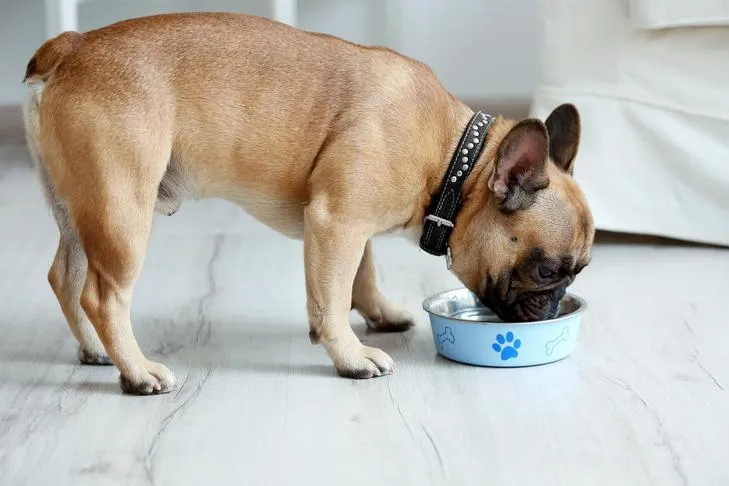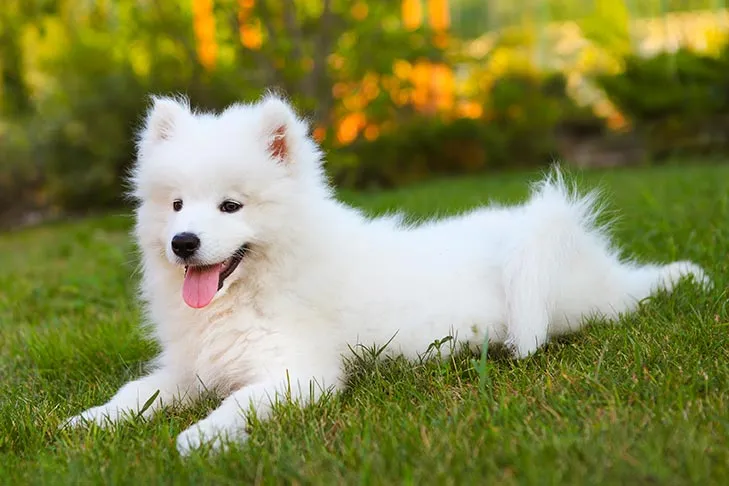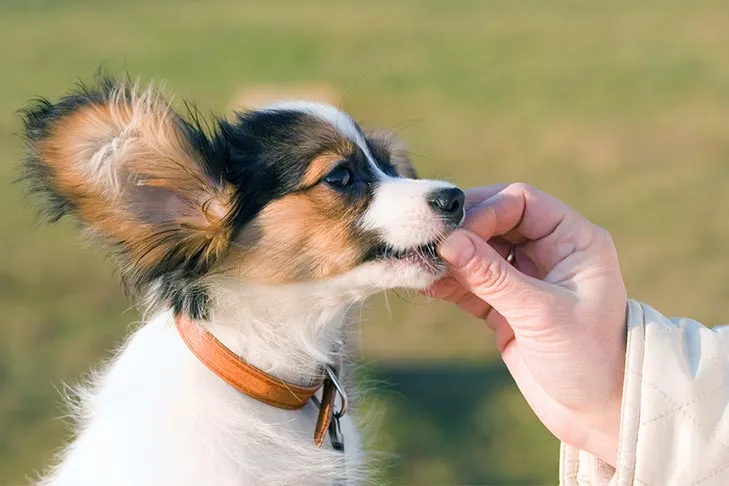As a dog owner, you might wonder which human foods dogs can eat without risking their health. While commercial dog food should form the backbone of your pup’s diet, certain everyday human foods can serve as safe, occasional treats. These options provide nutritional perks like proteins, healthy fats, and vitamins when given in moderation. However, always prioritize portion control to avoid weight gain or digestive issues. For a complete guide on safe and unsafe choices, check out a list of what dogs can and cannot eat. According to experts from the American Kennel Club (AKC), not all table scraps are off-limits—let’s explore the safe ones.
Bread
Plain bread in small amounts is generally safe for dogs and won’t cause harm if it lacks toxic additives like raisins or spices. However, it offers little nutritional value, mainly empty carbs and calories that could contribute to obesity over time, much like in humans. Opt for homemade versions over store-bought ones loaded with preservatives. That said, bread shouldn’t be a staple treat—stick to dog-specific snacks for better health benefits.
Cashews
Cashews can be a healthy occasional treat for dogs, thanks to their calcium, magnesium, antioxidants, and protein content. Feed just a few unsalted cashews at a time, as their fat content, though lower than some nuts, can still lead to weight gain if overfed. Veterinary nutritionists recommend moderation to prevent pancreatitis or other fat-related issues.
Cheese
Most dogs tolerate cheese well in small to moderate amounts, making it a popular training reward. Choose low-fat varieties like cottage cheese or mozzarella to minimize calorie and fat intake, especially since many cheeses are rich in both. Skip it if your dog shows signs of lactose intolerance, such as gas or diarrhea—a condition that’s uncommon but possible in adults. For a fun alternative, try Himalayan cheese chews designed specifically for dogs.
 All American Dog resting its head on the kitchen table looking at cheese.
All American Dog resting its head on the kitchen table looking at cheese.
Coconut
Coconut offers lauric acid, which has antibacterial and antiviral properties beneficial for dogs. It can freshen breath and soothe skin issues like hot spots, flea allergies, or itchiness. Both coconut flesh and derivatives like coconut milk or oil are safe, but remove the hard shell to prevent choking hazards. Start with tiny amounts to monitor tolerance.
Corn
Corn is a frequent ingredient in quality dog foods, providing digestible carbs and fiber. Share kernels off the cob only, as the cob poses a serious risk of intestinal blockage. If you’re looking for corn-free fun, a squeaky corn toy makes a safer play option.
Eggs
Fully cooked eggs are an excellent protein source for dogs, aiding digestion and even settling upset stomachs. Avoid raw eggs, particularly the whites, which contain avidin that blocks biotin absorption and could lead to deficiencies. Scramble or boil them plainly for the best results.
Fish
Fish like salmon and sardines deliver omega-3 fatty acids, amino acids, vitamins, and calcium from soft bones (in sardines). Always serve fully cooked, boneless fish, limited to twice weekly to prevent mercury buildup. This boosts heart, joint, and immune health effectively.
Ham
A small slice of ham is okay occasionally, but its high sodium and fat make it far from ideal. Use it sparingly as a flavor enhancer, not a regular treat, to avoid salt overload or pancreatitis.
 French Bulldog eating from a bowl at home.
French Bulldog eating from a bowl at home.
Honey
Raw honey brims with vitamins (A), minerals (potassium, calcium), and antioxidants. Small doses can build allergy resistance by exposing dogs to local pollen gradually. It also works topically for minor burns or cuts. Always choose pure, unprocessed honey.
Milk
Puppies often handle milk fine, but many adult dogs are lactose-intolerant, leading to tummy troubles. Offer small amounts of low-lactose options and watch for symptoms like bloating. Water remains the best hydration choice.
Peanut Butter
Unsalted, xylitol-free peanut butter is a protein powerhouse with heart-healthy fats, B vitamins, E, and niacin. It’s perfect for stuffing Kong toys. Always check labels, as xylitol is deadly even in trace amounts.
Peanuts
Plain peanuts provide beneficial fats and proteins without the risks of almonds. Give unsalted handfuls sparingly to sidestep excess fat intake and potential pancreatitis. They’re a crunchy, satisfying treat.
Popcorn
Air-popped, unsalted, unbuttered popcorn offers riboflavin, thiamine, iron, and protein for eye health and digestion. Ensure all kernels pop fully to avoid choking—supervise closely.
Pork
Lean, cooked pork supplies highly digestible amino acids and may trigger fewer allergies than other meats. Trim fat and cook thoroughly to minimize risks.
Quinoa
This supergrain rivals corn, wheat, or soy in dog kibble, boasting complete proteins and minerals. It’s a grain-inclusive option for balanced nutrition.
 Samoyed puppy laying in the grass outdoors
Samoyed puppy laying in the grass outdoors
Salmon
Cooked salmon excels in protein, omega-3s, and brain/joint support, but raw forms harbor deadly parasites causing vomiting, diarrhea, or worse. Fully cook to eliminate risks.
Shrimp
Shell-free, cooked shrimp provide antioxidants, B12, and phosphorus with low calories—ideal for weight-conscious dogs. Remove tails, heads, and shells completely.
Tuna
Fresh, cooked tuna offers omega-3s for heart and eye health in tiny portions. Canned in water (no oil or salt) is fine occasionally, but limit due to mercury.
Turkey
Plain, skinless, boneless turkey is safe and lean. Avoid seasoned versions, onions, garlic, or splintery bones that could cause internal damage. For details on risky foods, see what foods dogs can and cannot eat.
Wheat or Grains
Grains like wheat supply protein, fats, and fiber—grain-free isn’t necessary for most dogs. Tailor to allergies via vet advice.
Yogurt
Plain, unsweetened yogurt delivers probiotics for gut health if your dog digests dairy. Skip sweetened or artificial varieties.
 Papillon puppy gently taking a treat from a hand.
Papillon puppy gently taking a treat from a hand.
In summary, human foods dogs can eat like these can add variety and nutrients, but moderation is key—treats should never exceed 10% of daily calories. Always consult your veterinarian, especially for pups with health conditions, and steer clear of toxins. For more insights, explore what fruits and veggies can dogs not eat, list of what dogs can and cannot eat, what foods can dogs eat and cannot eat, and what foods dogs can and cannot eat. Share your dog’s favorite safe snack in the comments!
